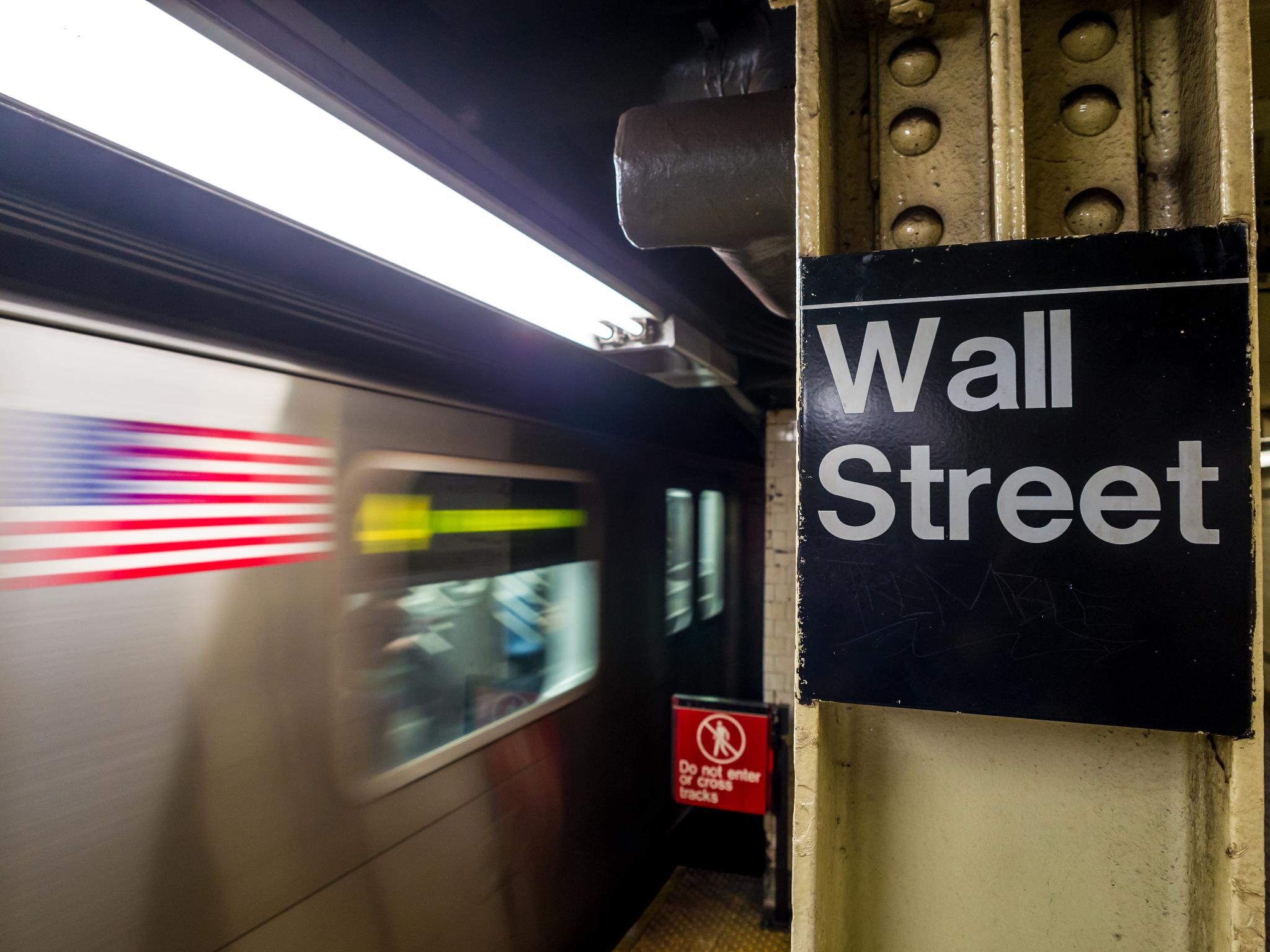
Richard Thaler is the 2017 recipient of the Nobel Memorial Prize in Economic Sciences for his contributions to behavioral economics.
Thaler researches decision-making psychology, which bridges the gap between economics and psychology, as well as behavioral finance and economics.
He is best known for his explanation of the "hot hand" fallacy in the 2015 movie "The Big Short" with singer Selena Gomez, as noted by CNBC.
According to the UCBSB, Thaler investigates the implications of relaxing the standard economic assumption that everyone in the economy is rational and selfish, instead entertaining the possibility that some of the agents in the economy are sometimes human.
Read more: UK Economy Contracts 0.1% In Q2 — Analyst Says 'Difficult To Dodge Recession'
What Happened: “I don’t see anything that resembles a recession,” Thaler told CNBC on Wednesday. “We have record low unemployment, record high vacancies. That looks like a strong economy.”
Following a decline of 1.6% in the first quarter, real gross domestic product (GDP) fell at an annual pace of 0.6% in the second quarter of 2022.
The Bureau of Economic Analysis reported that the second-quarter decline was revised up 0.3% from the "advance" estimate revealed in July.
Although the U.S. economy is not technically in a recession until it is so proclaimed by the National Bureau of Economic Research, a technical recession is defined as two consecutive quarters of negative GDP growth.
Why It Matters: For the week ending Aug. 13, there were 2,000 fewer applications for unemployment insurance overall, totaling 250.000, which is encouraging for the U.S. labor market.
“The economy is growing, it’s just growing slightly less fast than prices,” the economist said. “And that means real GDP fell a little bit, but I think it’s just funny to call that a recession, it’s not like any recession we’ve seen in my rather long lifetime.”
When asked about the 8.5% annual increase in U.S. inflation recorded in July, Thaler said, “At least some of the high prices we’re observing are caused directly either by the war in Ukraine or by supply chain problems from China. And we hope that both of those factors are temporary.”
Investors will be watching for signs on Friday at the Jackson Hole Symposium as to whether the Fed will continue to raise interest rates aggressively when it meets in September after taming inflation with back-to-back increases of 0.75% in June and July.
Photo via Shutterstock.







